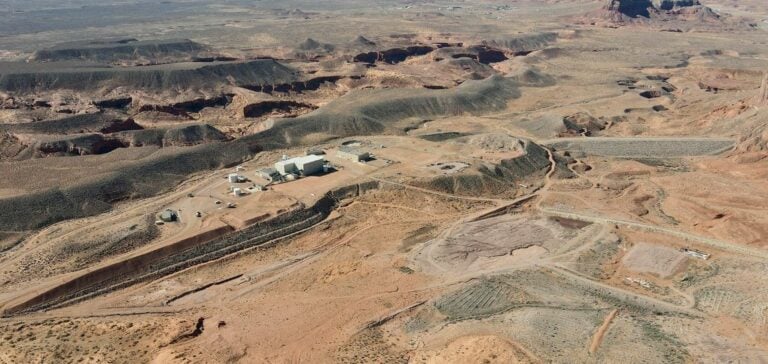Canadian company IsoEnergy has announced the termination of its acquisition plan for Anfield Energy Inc., ending a process initially aimed at strengthening its position in the U.S. uranium market. This decision follows Anfield’s notification regarding the repayment of a $6 million bridge loan, accompanied by a $3 million indemnity related to its land obligations.
Strategic repositioning in the United States
The termination of this agreement marks a strategic turning point for IsoEnergy, which chooses to concentrate its resources on its existing U.S. assets. Among them, the Coles Hill project, considered the largest undeveloped uranium deposit in the United States, benefits from favorable dynamics driven by evolving energy policies in the country. The company also relies on fully equipped mines and established toll-milling agreements with Energy Fuels, providing clear prospects for rapid production.
Focus on Canadian projects
Simultaneously, IsoEnergy is intensifying its activities in the Athabasca Basin, Canada, a strategic region for the global uranium industry. The Hurricane project, renowned for its exceptional grade, remains a priority, with ongoing exploration programs aimed at expanding known resources. These initiatives reflect the company’s ambition to fully exploit the economic potential of this uranium-rich region.
Prospects in Australia
IsoEnergy also maintains an active presence in Australia, where its assets diversify its portfolio and strengthen its resilience against global market fluctuations. This position reflects a strategy aimed at balancing geopolitical risks and capitalizing on growth opportunities in stable jurisdictions.
Market impact and political implications
The abandonment of Anfield’s acquisition highlights the challenges associated with mergers and acquisitions in the energy sector, where political, economic, and regulatory factors play a central role. IsoEnergy’s ability to adapt quickly to these constraints demonstrates a deep understanding of market dynamics.
As geopolitical tensions and concerns over global energy security drive a revival of the uranium industry, IsoEnergy’s strategic reorientation could have significant implications for market players, particularly in North America, where demand for nuclear energy is on the rise.





















